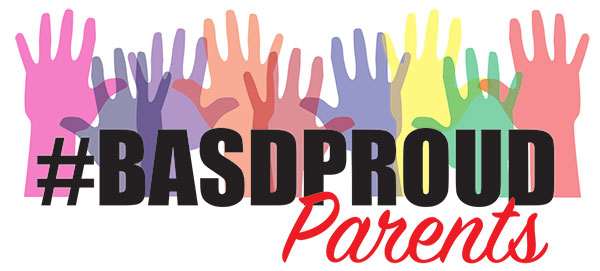What the American Rescue Plan means for PA’s public schools
from the good people at Education Voters of Pennsylvania:
Pennsylvania will receive nearly $5 billion in one-time federal funding for K-12 schools in the American Rescue Plan (ARP) Act of 2021 through the Elementary and Secondary School Relief Fund (ESSER).
Ninety percent of the ARP ESSER funding, or $4,372,333,875, will flow directly to school districts and charter schools in an amount proportionate to what each received in federal Title I-A funding in 2020-21. Title I is a federal program that provides funding to public schools based on the number of low-income students they educate in recognition of these students’ educational needs.
Click HERE to see how much each PA school district and charter school will receive.
The rest of the ARP ESSER funding will flow to the state, which is required to use some of this money to support learning recovery, summer enrichment, after school programs, and services for homeless students.
District and charter schools will be required to use at least 20% of the funds they receive to address lost learning time for students. They will have the freedom to spend the remaining 80% of funding based on local needs and priorities within the requirements of ARP.
As the Learning Policy Institute explains, federal funding will allow school districts to address short-term needs associated with the pandemic and to invest in the structural changes that can, over the long term, make schools more equitable and whole-child focused. For example, states and districts are allowed to use these funds to make investments to:
-
Accelerate student learning through extended school year, summer enrichment, or high-quality, evidenced-based tutoring programs;
-
Provide students and staff with safe school reopenings that align with public health guidance;
-
Upgrade school facilities for healthy learning environments;
-
Invest in wraparound supports, including through the use of community schools; and
-
Stabilize and diversify the educator workforce and rebuild the educator pipeline.
